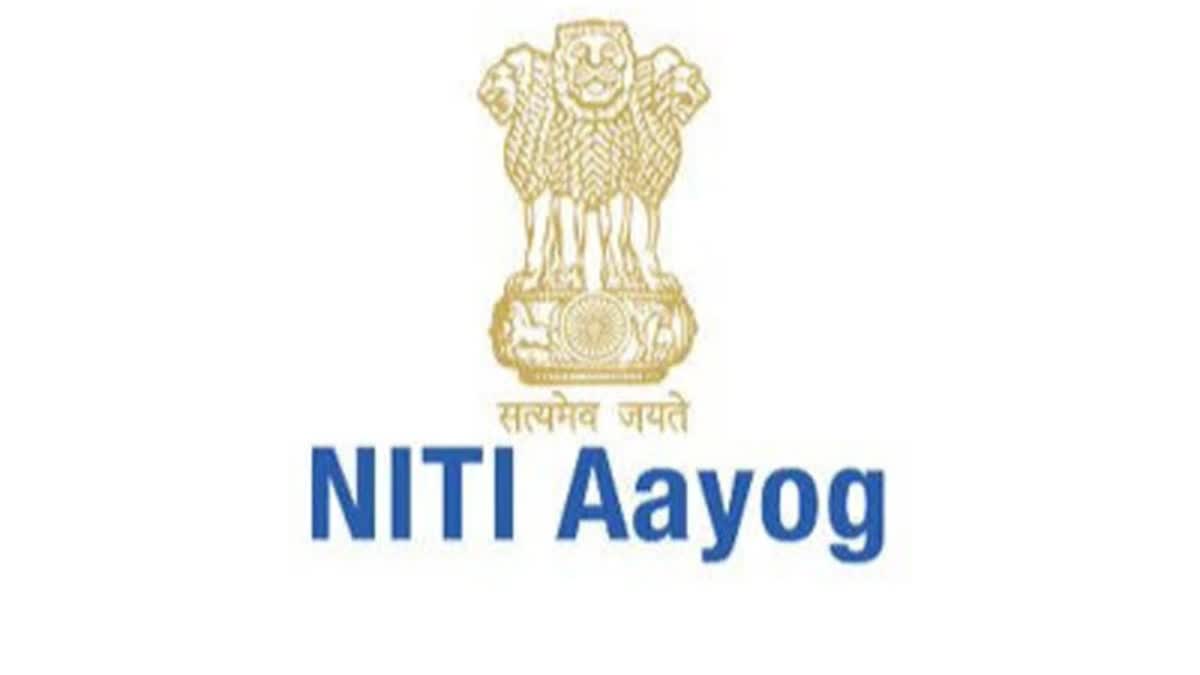New Delhi: A detailed policy brief titled “Expanding Quality Higher Education through States and State Public Universities,” released by NITI Aayog, outlines a strategy to enhance India’s higher education framework. The report highlights the essential role of State Public Universities (SPUs) in providing accessible and high-quality education to the increasing number of students in the country.
With 495 SPUs and more than 46,000 affiliated institutions serving 81% of total student enrollment, these universities are fundamental to India’s higher education landscape. The policy brief advocates for immediate reforms to boost research, teaching methods, funding, governance, and employability, in line with the vision of the National Education Policy (NEP) 2020. The aim is to elevate SPUs to world-class institutions that can contribute to India’s socio-economic growth and enhance its global standing.
Key Areas of Reform
Improving Research and Curriculum
The report emphasizes the necessity of a robust research environment in SPUs to promote innovation and gain international recognition. Key recommendations include:
Establishing research hubs within groups of SPUs to encourage collaboration.
Creating dedicated Research Support Offices and Patent Cells in universities.
Implementing a National Research Policy that aligns with the Anusandhan National Research Foundation (ANRF).
Offering performance-based incentives and scholarships for faculty and students involved in research.
Regularly updating curricula in partnership with industry experts to maintain relevance.
Furthermore, the policy brief underscores the significance of incorporating multidisciplinary education and holistic learning, with an emphasis on sustainability, ethics, and global citizenship.
Enhancing Digitalization in Higher Education
Acknowledging the transition towards digital learning, the report stresses the need to upgrade IT infrastructure in SPUs.
Expanding high-speed internet access throughout campuses.
Integrating AI-driven digital platforms for student lifecycle management.
Establishing digital learning centers to enhance online and blended learning opportunities.
Strengthening Industry-Academia Collaboration
To boost employability, the policy brief suggests a stronger connection between SPUs and industries. Proposed actions include:
Setting up Industry Relations Cells in universities to foster partnerships.
Requiring internships and apprenticeships in all SPU programs.
Creating incubation centers and entrepreneurship initiatives to support startups.
Launching skill certification programs in partnership with industry organizations like CII, FICCI, and NASSCOM.
Increasing Funding and Financial Sustainability
A significant challenge for SPUs is maintaining financial sustainability. The policy brief recommends:
Raising government investment in higher education to 6% of GDP, as suggested by NEP 2020.
Forming a dedicated infrastructure finance agency for SPUs.
Promoting Public-Private Partnerships (PPPs) to fund research and infrastructure.
Leveraging Corporate Social Responsibility (CSR) funds for university development.
Investigating self-financed programs and alumni contributions as additional revenue sources.
A key financial reform proposed is to pilot fee autonomy in select Leading SPUs, with measures in place to ensure affordability for underprivileged students.
Governance and Autonomy
The report highlights the necessity for improved governance structures to enhance efficiency in SPUs.
Providing greater autonomy to SPUs in faculty hiring, curriculum design, and financial management.
Creating model state acts to simplify regulations.
Strengthening the role of State Councils for Higher Education (SCHEs) in fund distribution and policy execution.
Ensuring increased representation of academicians in university decision-making bodies.
Internationalization of Higher Education
To position India as a global education hub, the policy brief proposes:
Enhancing infrastructure to attract international students.
Establishing International Student Support Offices in Leading SPUs.
Encouraging faculty exchange programs and international research collaborations.
Aligning SPU curricula with global academic standards.



